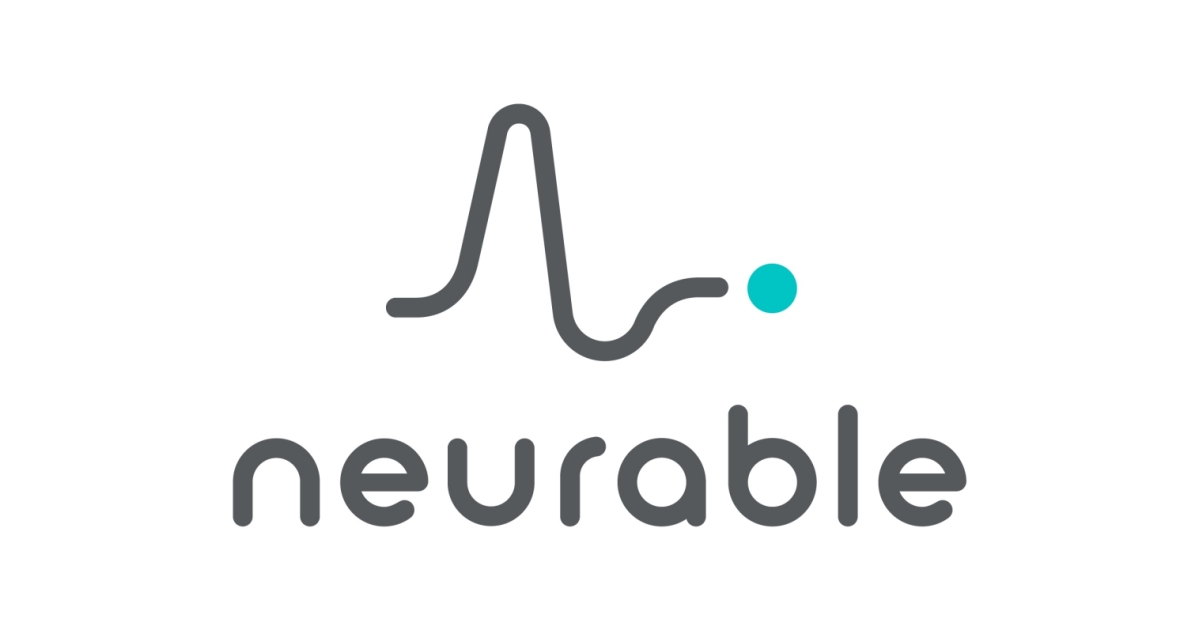129 results.
Neurable
Visit Website
A brain-computer interface company building software and hardware products, neurotechnology tools that interpret human intent, measure emotion and provide telekinetic control of the digital world based on EEG signals.
OpenBCI
Visit Website
OpenBCI is an open-source brain-computer interface platform, created by Joel Murphy and Conor Russomanno, after a successful Kickstarter campaign in late 2013.
OpenBCI boards can be used to measure and record electrical activity produced by the brain (EEG), muscles (EMG), and heart (EKG), and is compatible with standard EEG electrodes. The OpenBCI boards can be used with the open source OpenBCI GUI, or they can be integrated with other open-source EEG signal processing tools.
OpenAI
Visit Website
OpenAI is an artificial intelligence research laboratory consisting of the for-profit corporation OpenAI LP and its parent company, the non-profit OpenAI Inc. The company, considered a competitor to DeepMind, conducts research in the field of artificial intelligence (AI) with the stated goal of promoting and developing friendly AI in a way that benefits humanity as a whole. The organization was founded in San Francisco in late 2015 by Elon Musk, Sam Altman, and others, who collectively pledged US$1 billion. Musk resigned from the board in February 2018 but remained a donor. In 2019, OpenAI LP received a US$1 billion investment from Microsoft.
From their website:
"OpenAI’s mission is to ensure that artificial general intelligence (AGI)—by which we mean highly autonomous systems that outperform humans at most economically valuable work—benefits all of humanity. We will attempt to directly build safe and beneficial AGI, but will also consider our mission fulfilled if our work aids others to achieve this outcome."
BrainCo
Visit Website
"BrainCo grew out of the Harvard Innovation Lab. We develop cognitive training technology products and apply our expertise in machine learning, design, and neuroscience to create innovative cognitive-based applications."
Applied Brain Research
Visit Website
"At ABR we develop a new kind of AI that exploits spiking in neural networks. Our algorithms and the hardware we use ranges from the conventional (CPUs, GPUs, deep networks, ANNs) to the unconventional (spiking ASICs, FPGAs, adaptive controllers, SNNs). We have deep expertise in using neuromorphic hardware and software to solve AI problems. We have developed a software platform, Nengo, that flexibly combines all these methods to get you the lowest power, fastest speeds, and highest accuracy."



